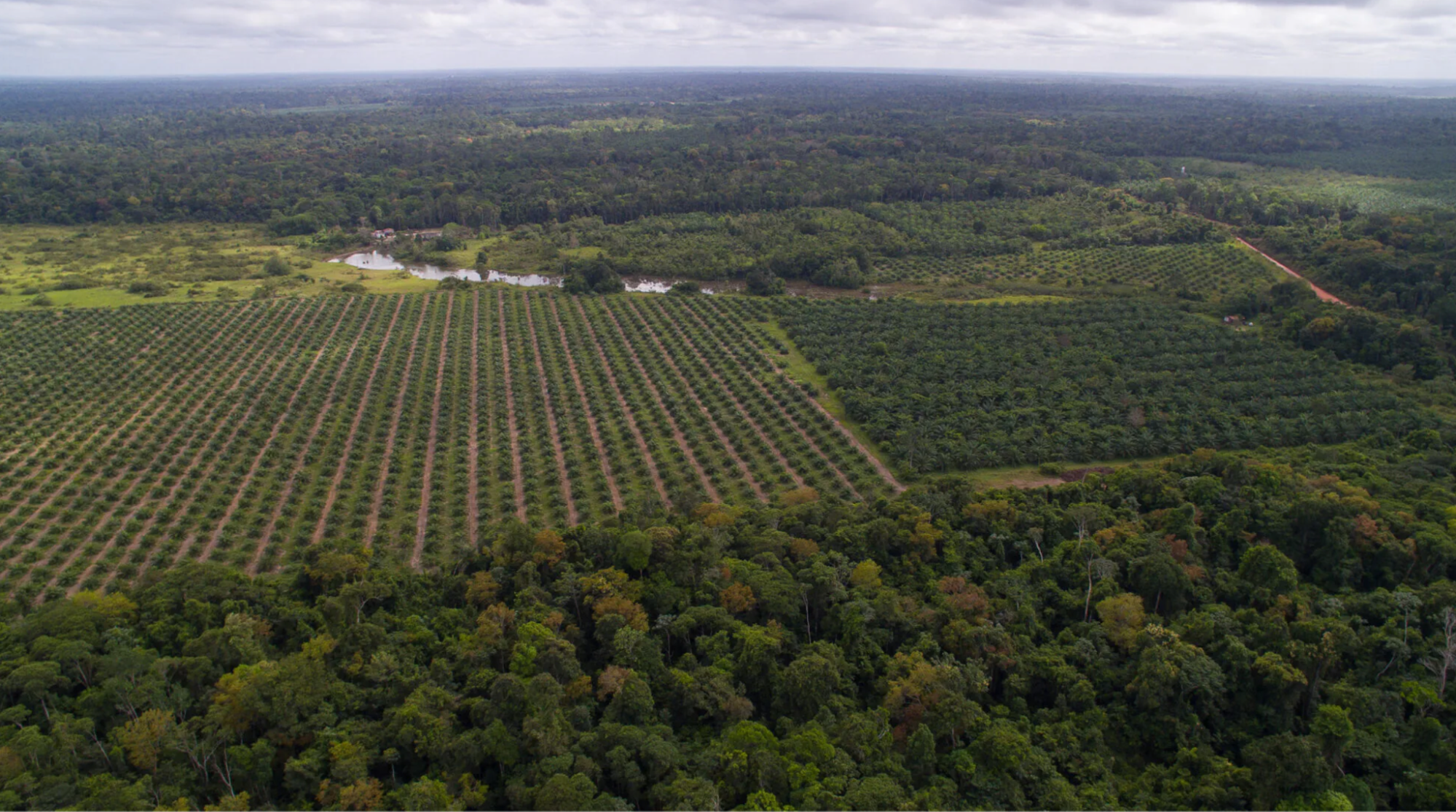Following the plan for regeneration, Natura announces the expansion of the Dendê Agroforestry System (or SAF, a globally recognized cultivation system), a pioneering project in sustainable palm oil farming. This initiative, which seeks to reforest degraded areas in the northern region of the country, follows international standards established by the Roundtable on Sustainable Palm Oil (RSPO) and the Union for Ethical Trade in Biotrade Products (UEBT).
This month, SAF Dendê received a boost with the signing of a cooperation agreement with the Secretariat of Family Agriculture of the State of Pará (SEAF), marking a strategic commitment to the development of public policies that adopt regenerative practices.

The project, which began 15 years ago with 18 hectares, aims to reach 40,000 hectares by 2035 to increase production and ensure a sustainable supply for Natura. The company is investing in relationships with farmers of different scales and in specific strategies for each sector.
The startup Belterra Agroforests is the partnership in charge of promoting support to families in generating income and to develop sustainable ways to produce the fundamental crops in the SAF.
Other Natura’s public ambitions involve their commitment of raising to 30% key ingredients coming from communities and small farmers, with focus in regeneration, verified and certified by an independent third party.
Moreover, the brand also is committed to guaranteeing that all suppliers, constituted by communities and small farmers, adopt ethical provisioning and regenerative practices in 100% of their operations.
The result of technical cooperation between Natura, the Empresa Brasileña de Investigación Agropecuaria (by its acronym in Spanish, EMBRAPA), the Cooperativa Agrícola Mixta de Tomé-Açu (by its acronym in Spanish, Camta) was a project that revealed that palm farming in agroforestry systems is more productive and sustainable than in traditional monoculture.

Cooperation is still key to generating big-impact projects, and environmental and social regeneration.



